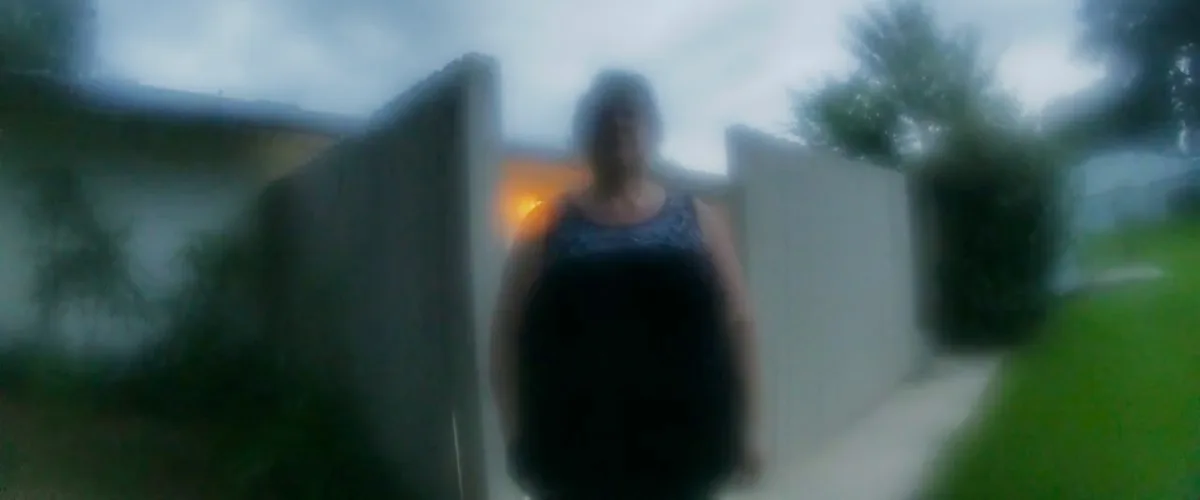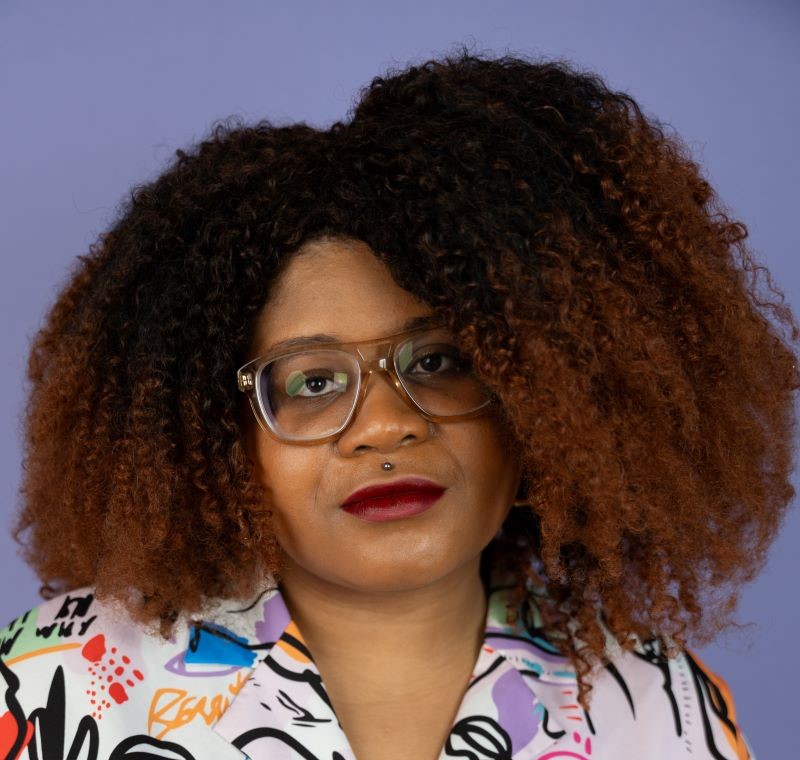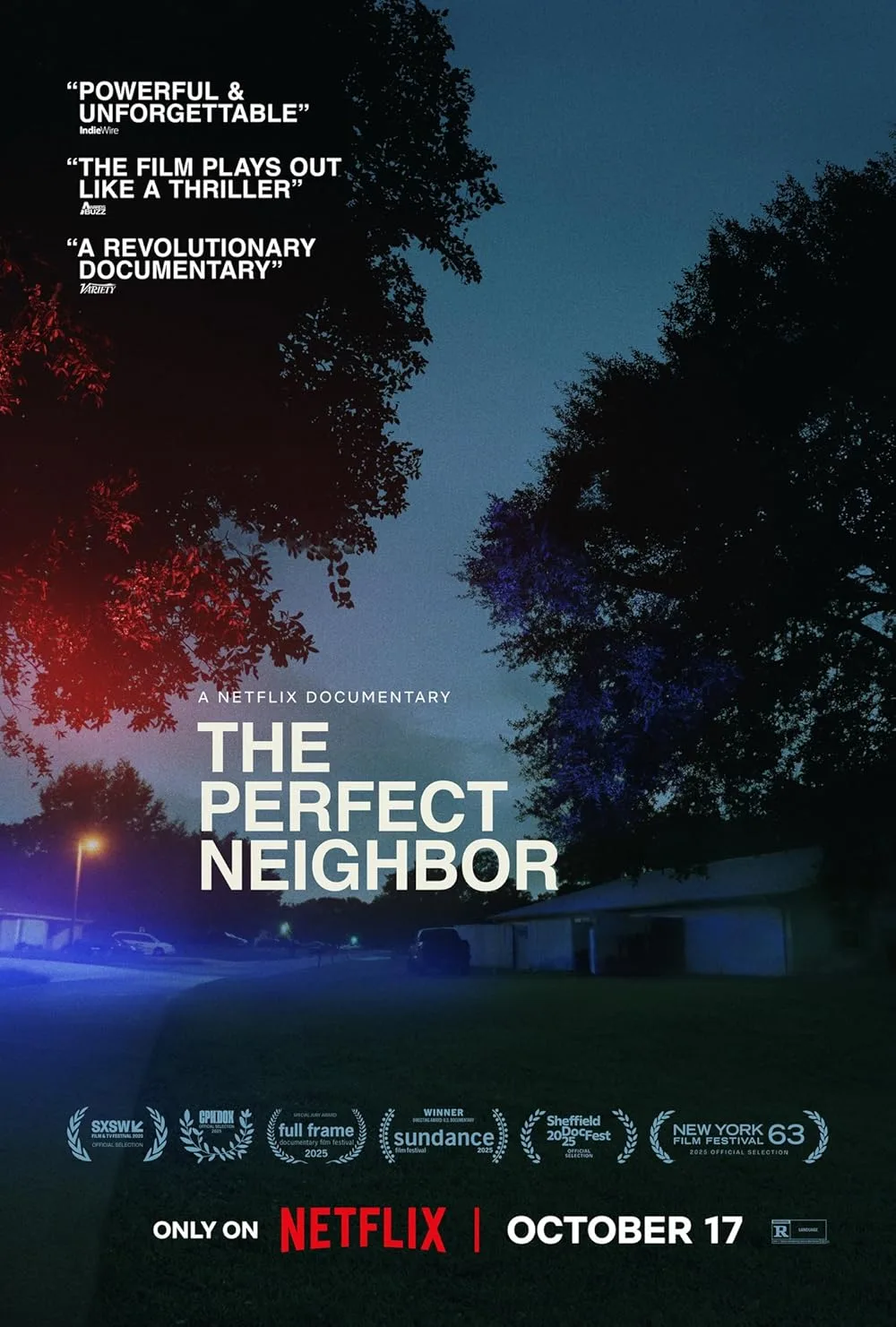“The Perfect Neighbor” is a title so unassuming that even the most casual viewer can guess how harrowing the film they’re about to see will be. Since the killing of the young teenager Trayvon Martin in 2012 by Florida gun owner George Zimmerman, ‘Stand Your Ground’ laws have been hotly debated in politics and the media. But, like most debates in America, it never tends to move the needle towards any kind of solution. Mass shootings, school shootings, and even assassination attempts continue in this country unchallenged by the top decision-makers in government. The cost of “freedom” is an alarming lack of safety for the most vulnerable among us, and even the most feeble attempts to address America’s epidemic of gun violence are smothered in the crib.
Between this country’s refusal to implement strong gun control laws and its history of anti-Black violence, the inevitability of Black death continues undeterred. It is under these conditions that we should consider the political system that enables these tragedies.
“The Perfect Neighbor” is both a recent tragedy and a tale as old as time. In 2022, a white woman named Susan living in a predominantly Black neighborhood in Florida began frequently calling the police to complain about children playing near her house. Each time the police come, the other adults and children in the neighborhood inform them that the allegations are either exaggerated or completely false. The police give some warnings, make notes on the situation, and leave.
Although the police never make any arrests or notice any issue with the children being accused or their parents, the calls continue. This white woman will not let up. And then, one day, after harassing a young boy, his mother appears on her doorstep. But instead of opening the door, she shoots through it, fatally wounding the mother. Her children, the adults, and all the other neighborhood children weep for her. Her name was Ajike Owens, and all she was trying to do was stand up for her children.
Despite this very obvious murder, the police do not take her into custody. After a second round of questioning and mounting pressure from the community, the police finally arrested her. At trial, she argues that she was scared for her life, but thankfully, the judge and jury see through her. Susan is rightfully convicted of manslaughter for the murder of Ajike Owens. She wasn’t afraid; she was angry. She was angry that she had to live in a neighborhood with Black people. Watching Black children play and have a good time made her angry. The fact that none of the other white people in the neighborhood backed her up on her quest to call 911 every time she saw a child near her home probably made her angry as well.
Susan’s racism isn’t simply by implication; the children themselves reveal that she used foul language and racial slurs when speaking to them. When the police question Susan about her language, she defends it. And yet, before the murder and the sentencing, the woman can be heard referring to herself as ‘the perfect neighbor.’
The film, directed by Geeta Gandbhir, is composed entirely from pre-existing footage—phone cameras, security tapes, and most notably, police body cameras. Gandbhir places the audience directly in the neighborhood, and we see firsthand how loving and kind the community is. Parents watch each other’s kids. Everyone knows everyone else. Both the parents and police officers remark on how glad they are that the kids are playing and enjoying their childhood instead of getting into trouble. Whenever Susan is not onscreen, everyone is more at ease. Even the interactions between the residents and the police officers are peaceful, as the body cam footage reveals how much the officers wish she would stop calling them. But dread builds month after month, as Susan keeps making calls, terrorizing her young neighbors. By the time tragedy occurs, everyone seems visibly beaten down by the senselessness of it all.
As a film, “The Perfect Neighbor” makes a compelling case that Susan was wrong and these children and their mother deserved better treatment. But, as a viewer, there’s a strong sense of hopelessness that permeates the whole affair. How many more of these films are we going to get? How many more times are we going to have to say that something needs to change?
We cannot stop everyone in the country from harboring racism in their heart, but we can create a society that has zero tolerance for racial harassment and gun violence. That is something we can and have consistently failed to do. Justice was served in this situation, but a more lasting justice would be giving those poor, motherless children a better world to look forward to. They deserve so much more than the hand they were dealt. No child should be afraid to laugh and play in their own neighborhood. This is a good film, but change would be a much greater achievement. How much longer must we studiously document senseless suffering?




















